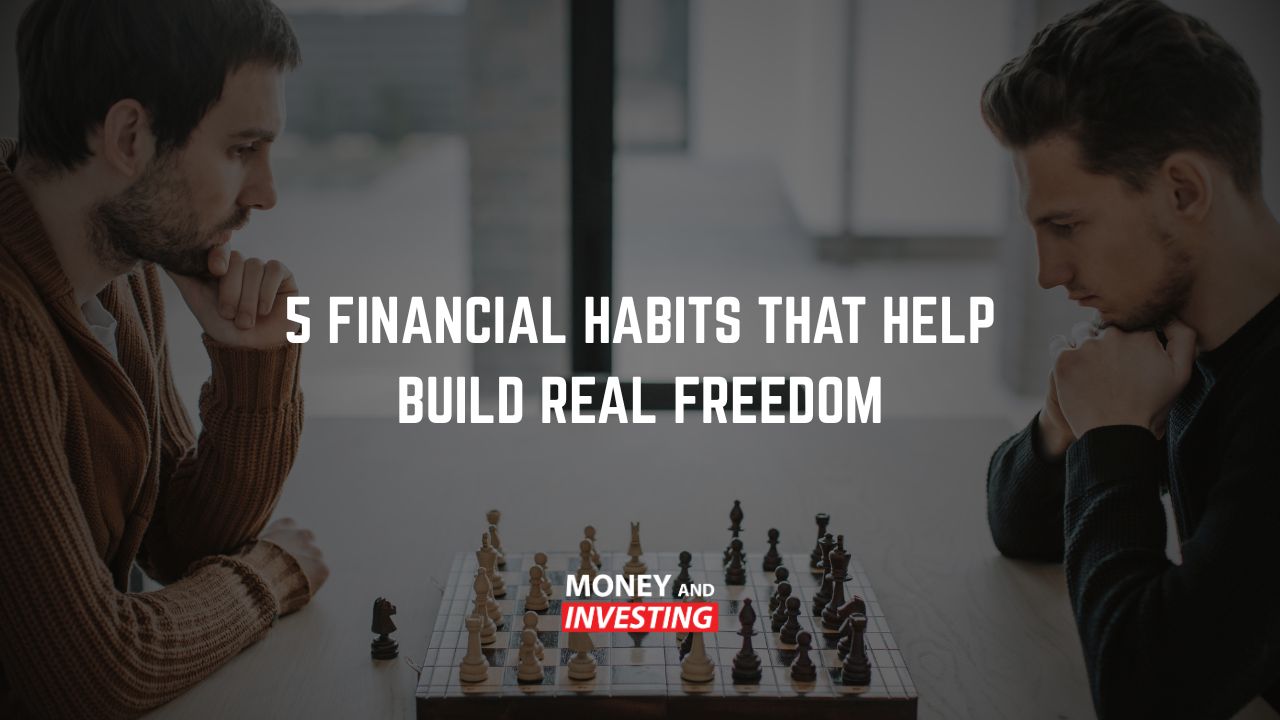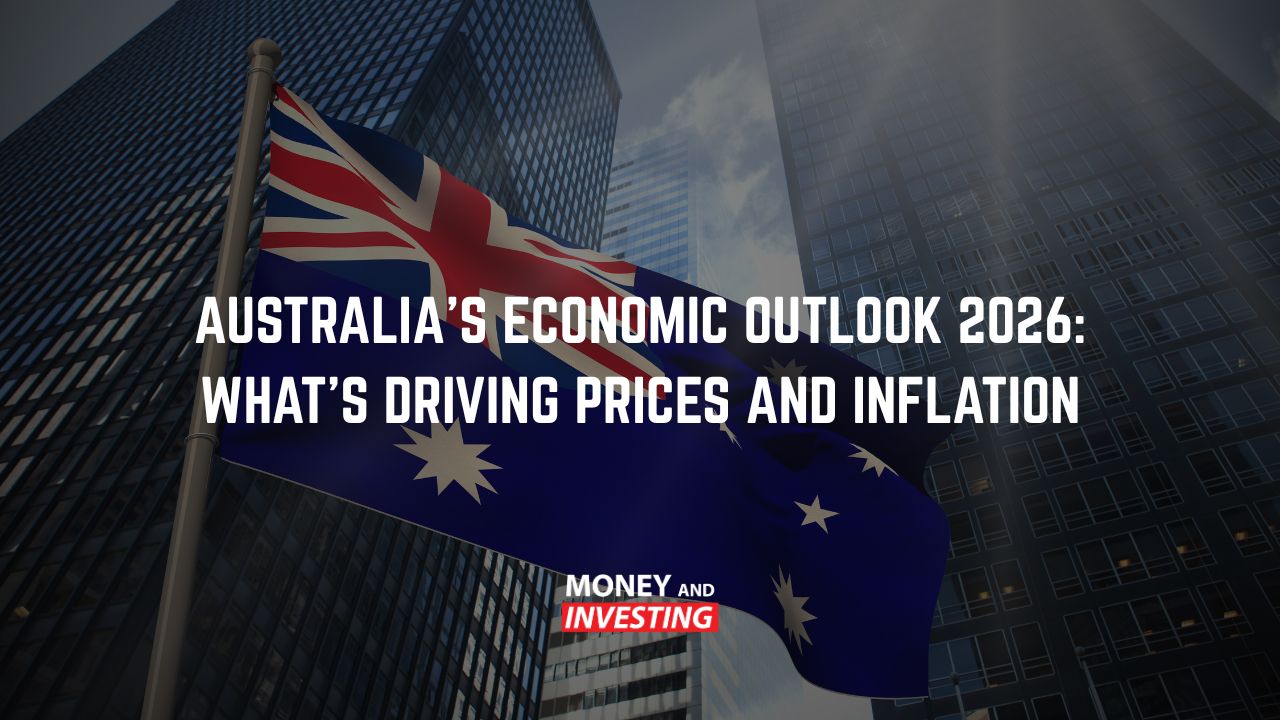Some of the most important life skills to acquire are the ones surrounding money and in today’s episode, as educators we dive into the topic of financial education. Join us as we discuss why it is important and some tips on getting started.
The Costs
There are costs associated with getting educated in any field and sometimes they can be quite high. Sometimes however, the costs of not getting educated may be quite substantial because not being educated can expose you to risks you did not even know were there. Host Andrew Baxter believes the cost of gaining the knowledge in the early stages, even if it results in a short-term loss is still far more worthwhile than simply jumping in the deep end and losing more than what you even knew you could. Overall, the costs are definitely worth considering in more ways than one. Educating yourself will enable you to build skills and processes that prevent you being exposed to situations where you can really incur some major costs.
Moving Across Skill Sets
Many people have been told that it is important to diversify their assets, but this has its problems. Someone who has been successful in one area may assume they will succeed in another – but without education this may not be the case. Different skills involve different theoretical and practical knowledge to be successful and Host Andrew Baxter explains that educating yourself is vital for really understanding the practical skills you need. Every different market or skill has its own nuances that you are unlikely to figure out on your own until after it’s too late when being educated properly can give you the information you need ahead of time to protect yourself against some of these specific risks.
Cost/Benefit
In the case of bigger investments, spending a little bit beforehand to educate yourself appropriately as the cost of the education is an investment in and of itself. Host Andrew Baxter contends that money is attracted to those that are open to new ideas and teachable. A willingness to learn how to do things properly and not take shortcuts is usually a recipe for success down the track. Although there is a lot of free information available to us on the internet, a large chunk of it is worthless information that is not helpful. Next time you are getting started with something new, try to put your ego aside and admit you do not know much about the topic and seek some help.
Choosing an Educator
As mentioned earlier, there are thousands of people trying to sell educational material all across the internet. It can be difficult to differentiate between the great services that are out there amongst the junk that exists at the same time. Host Andrew Baxter suggests going for the educator with proven results. A good way to get a reliable sense of this is to ask others who have taken the plunge and gauging how the people who actually use the education or service feel about it. The best way to get a feel for if a certain educator is right for you is to hear from people who were once in your position. It is important to also find an organisation that services you beyond the education. You can get more out of any education with access to mentoring and further learning by way of direct communication with the expert or experts you are learning from.



